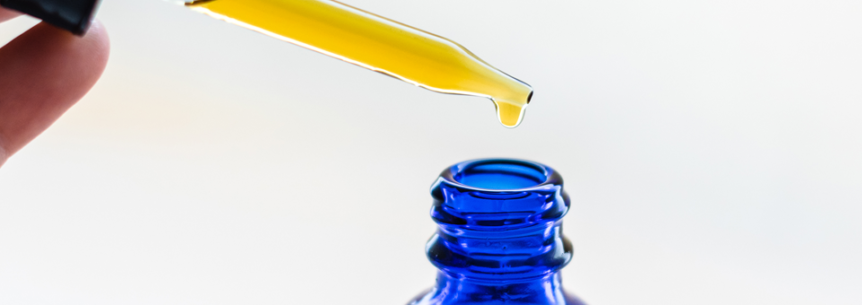As a former athletic trainer, I can tell you what playing sports at a high level can do to the human body.
Even a brief career in a violent contact sport like football or hockey can leave you battered and broken, destined for a lifetime of crippling pain.
But here’s the good news… more and more former professional athletes are saying no to Big Pharma’s addictive pain-relief drugs and discovering the healing power of CBD.
Mainstream medicine and Big Pharma teamed up to tackle the problem of chronic pain but all they did was make the problem worse — creating the biggest opioid crisis in history.
But as I tell my patients — and as former professional athletes like Riley Cote will tell you — there’s a safer, natural way to alleviate chronic pain. Cannabidiol, or CBD, is the perfect alternative to addictive opioids.
Professional hockey player Riley Cote was an “enforcer” — the tough guy whose job is to keep the other team’s players in check. In eight years in the NHL, he got into hundreds of fistfights. He retired in 2010, in chronic pain… worried what might happen to his body and brain as he aged.
In desperation, he finally tried CBD. The relief was immediate, and he says it’s been a game changer.
I’ve been using CBD oil to treat patients with great success. It’s not psychoactive, which is why I recommend it to patients who are looking for relief from a variety of ailments.
Extensive clinical research has confirmed CBD not only fights chronic pain,1 but also reduces anxiety and depression2,3,4,5 and promotes brain and heart health.6,7,8,9
Take the Right CBD for You
You can take CBD as an oil, softgel, chewable gummy or topical cream. I recommend experimenting to see which method works best for
you.When deciding how much to take… I recommend starting low and building up to a higher dose if you don’t feel relief. The right dosage all depends on your health and your body. Here’s a weight guide that will help to determine your dosage:
|
Mild Dose |
Medium Dose |
High Dose |
|
85-150 pounds: 12 mg |
85-150 pounds: 15 mg |
85-150 pounds: 18 mg |
|
151-240 pounds: 18 mg |
151-240 pounds: 22.5 mg |
151-240 pounds: 27 mg |
|
241 pounds and up: 22.5 mg |
241 pounds and up: 30 mg |
241 pounds and up: 45 mg |
To Your Good Health,
Al Sears, MD, CNS
1. Darkovska-Serafimovska M, et al. “Pharmacotherapeutic considerations for use of cannabinoids to relieve pain in patients with malignant diseases.” J Pain Res. 2018;11:837-842.
2. Linares IM, et al. “Cannabidiol presents an inverted U-shaped dose-response curve in a simulated public speaking test.” Braz J Psychiatry. 2019;41(1):9-14.
3. Shannon S and Opila-Lehman J. “Effectiveness of cannabidiol oil for pediatric anxiety and insomnia as part of posttraumatic stress disorder: A case report. Perm J. 2016;20(4):16-005.
4. Zanelati TV, et al. “Antidepressant-like effects of cannabidiol in mice: possible involvement of 5-HT1A receptors.” Br J Pharmacol. 2010;159(1):122–128.
5. Long LE, et al. “Distinct neurobehavioural effects of cannabidiol in transmembrane domain neuregulin 1 mutant mice.” PLoS One. 2012;7(4):e34129.
6. Devinsky O, et al. “Cannabidiol in patients with treatment-resistant epilepsy: an open-label interventional trial.” Lancet Neurol. 2016;15(3):270-278.
7. Chagas MH, et al. “Cannabidiol can improve complex sleep-related behaviours associated with rapid eye movement sleep behaviour disorder in Parkinson’s disease patients: A case series.” J Clin Pharm Ther. 2014;39(5):564-566.
8. Chagas MH, et al. “Effects of cannabidiol in the treatment of patients with Parkinson’s disease: An exploratory double-blind trial.” J Psychopharmacol. 2014;28(11):1088-1098.
9. Jadoon KA, et al. “A single dose of cannabidiol reduces blood pressure in healthy volunteers in a randomized crossover study.” JCI Insight. 2017;2(12):e93760.

